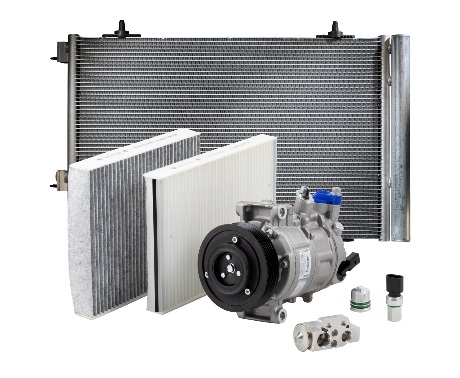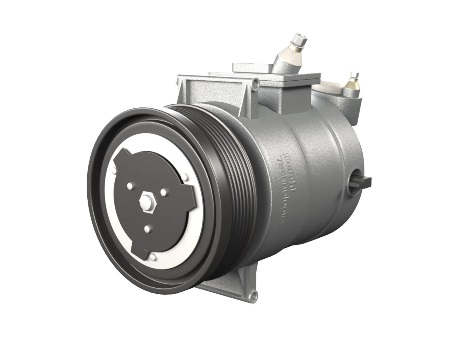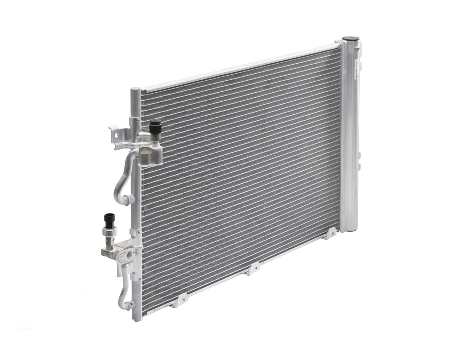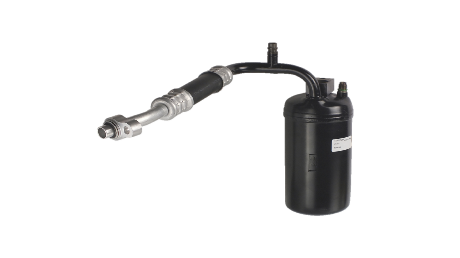Cabin Air Filters

High-performance media
All our cabin air filters use a high-performance, non-woven fabric to eliminate dust, pollen, bacteria and exhaust particles, amongst others. The specially designed filter fabric contains up to five individual layers, removing near 100 percent of harmful pollutants.
Enhanced protection
Over time moisture can build up in the filter and become a feeding ground for bacteria and mould. This can then spread into the lines of the HVAC system, where it emits unpleasant odours. For the ultimate protection from this and other pollutants, we also offer a range of carbon activated filters. Our carbon activated filters feature the same high quality, non-woven fabric as our particle filters, with the addition of a layer of activated carbon. Sandwiched between two layers of fleece, this highly effective technology removes more pollutants than standard filters, and expels nasty gases and smells too.
The Delphi Difference
-
100 years of OE experience, supplier to the world’s top automakers
-
OE heritage and knowledge built into every aftermarket part
-
Comprehensive portfolio for a wide range of vehicles and model years
-
Streamlined SKUs for easy inventory management
-
Support through tools, tips and training

Related product resources and downloads
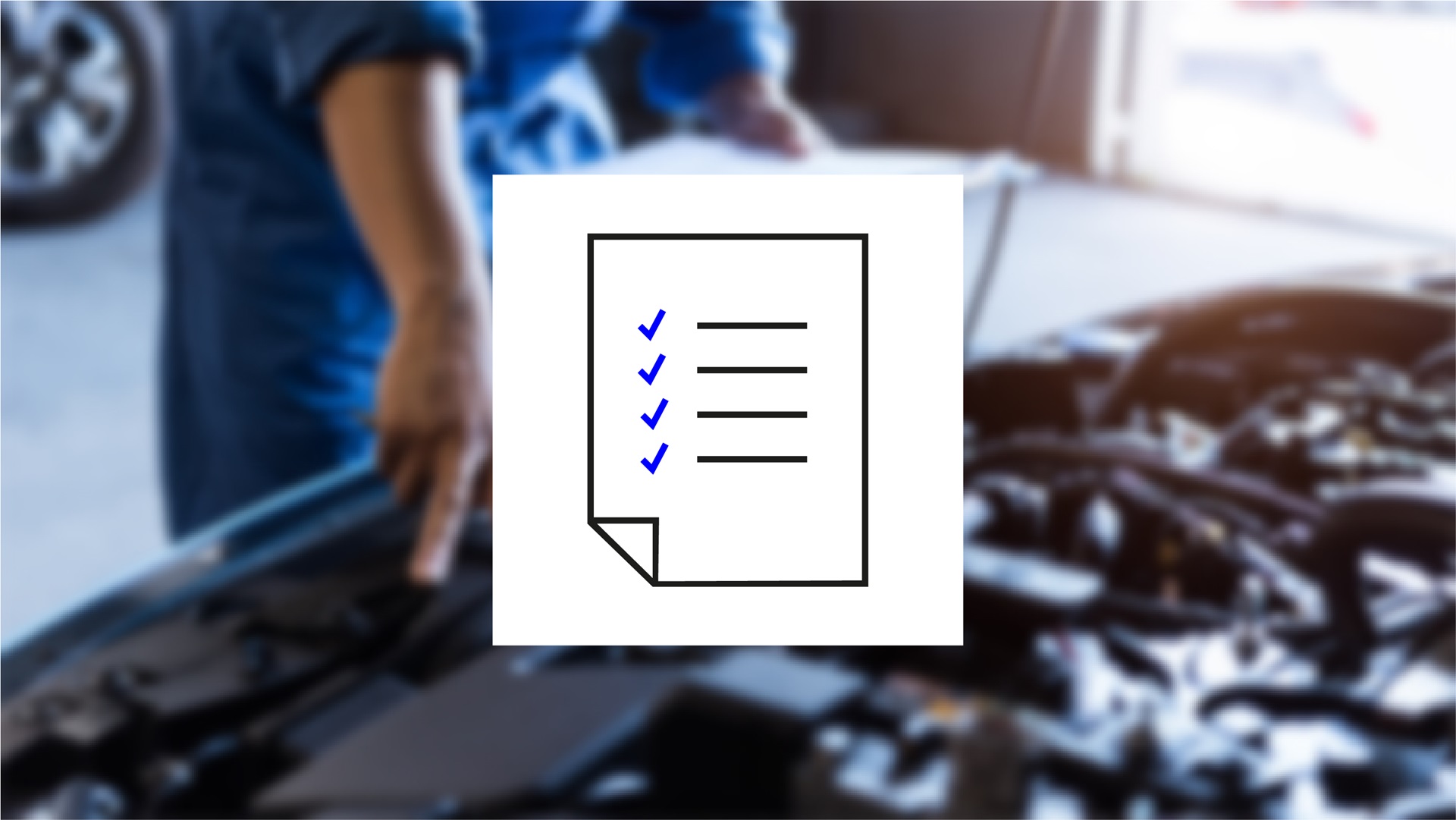
Resource Highlights
In this article you will find out about the differences in the Hybrid compressor.
Compressor Differences | HVAC differs from one hybrid to the other and some systems, such as Honda & Prius 2001-2003, have used a scroll compressor which can be powered via belt when the engine is running or electrically when the engine is off. Most of the newer hybrids have changed to an inverter compressor which is a high voltage electrical motor. The motor runs on high voltage AC supplied by the A/C inverter located in the inverter or affixed to the AC compressor itself so compressor operation does not depend on the engine. The electric compressor consists of a spirally wound fixed scroll and variable scroll with a brushless motor. These systems use a special high insulation for compressor lubrication. The compressors are a wet sump with the armature submerged in oil for lubrication and cooling. Oil based florescent dye should not be added to electrical compressor systems due to electrical conductivity. Leak detection dye, when used in the proper quantity, will not harm air conditioning components or those working with it. If a vehicle was manufactured with leak detection dye, adding more is not necessary unless prior air conditioning system flushing or multiple refrigerant component replacement caused the dye to be removed from the system. |
Leak Detection Dye | There is a specific dye for hybrid electric vehicles, which use R-134a in the air conditioning system equipped with an electric compressor. Hybrid electric vehicle leak detection dye is polyolester based and is specific to hybrid electric vehicles. The R-134a leak dye used for non-hybrid electric vehicles uses PAG oil which is hygroscopic. Using it in a hybrid vehicle, even in the smallest amount, can create an air conditioning compressor failure. The oil in the dye breaks down the insulating properties of the windings on the electric motor portion of the compressor. The windings on air conditioning compressor are immersed in compressor oil and ester oil is used to protect the insulation on the windings to prevent electrical leakage. The addition of PAG oil into a hybrid air conditioning system designed for ester oil may result in an air conditioning system malfunction. Additionally, in hybrid vehicles with an electric compressor, when a dye containing a lubricant other than ester oil is added to the air conditioning system, it contaminates the air conditioning system. Flushing the system must be performed to remove the dye. In fact, because of the contamination concern with dye, Honda does not approve its use in hybrid vehicles. Toyota does not recommend dye for any of their air conditioning systems. |

Visit our Technician Library for access to Documents and Downloads
Get in touch
The full Delphi Air Conditioning product range
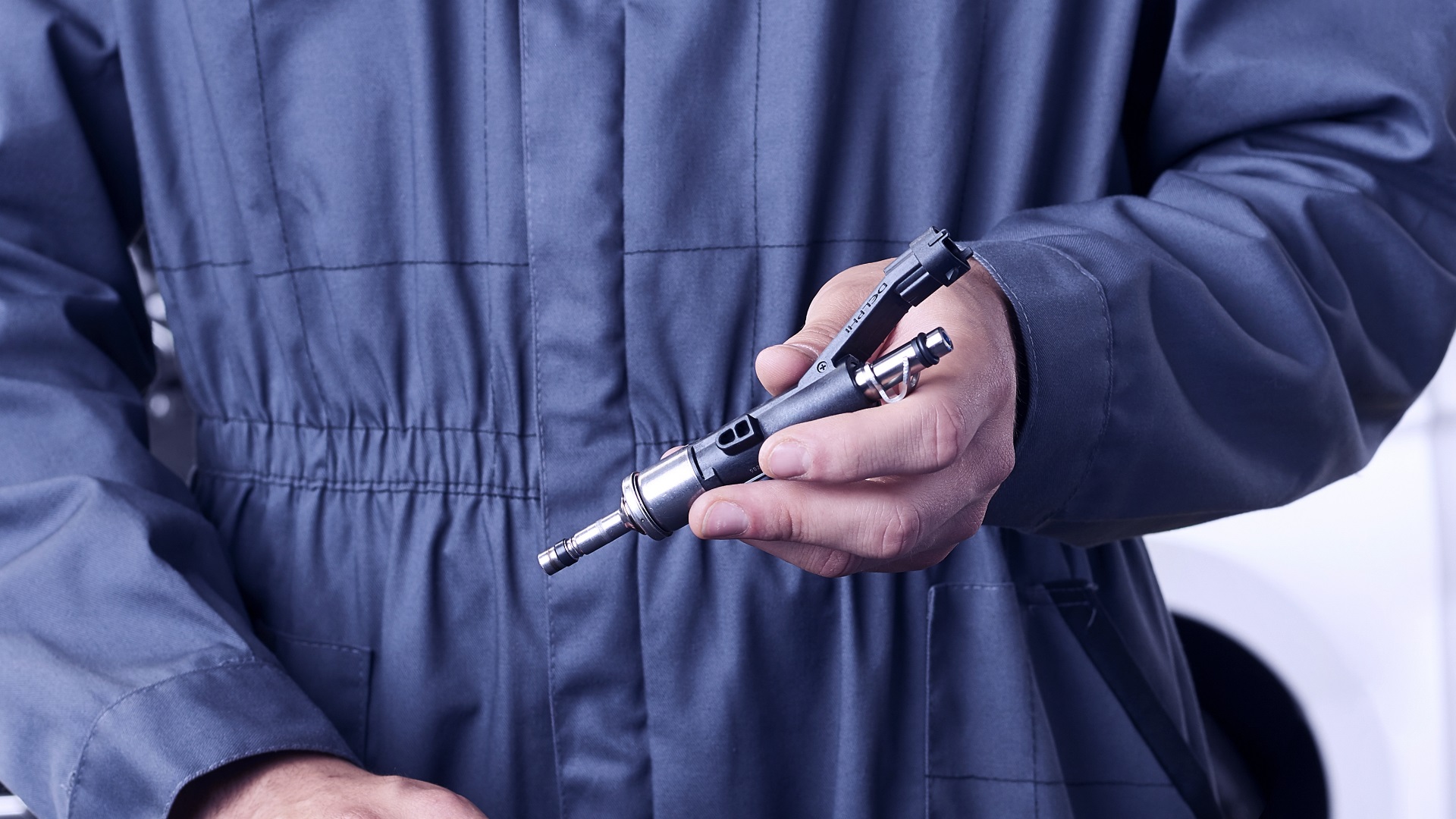
Find out where to buy Delphi parts

.tmb-460w.jpg?Culture=en-GB&sfvrsn=c70917c0_6)
